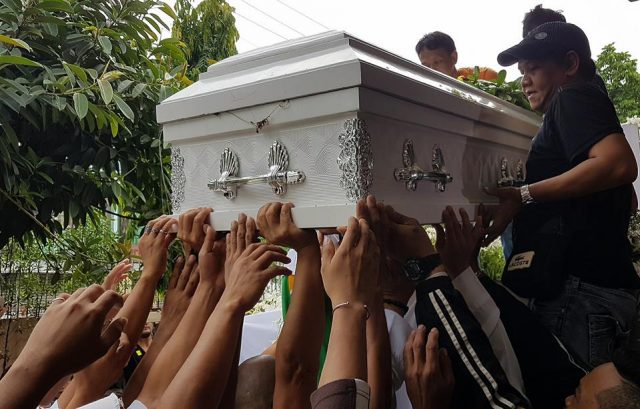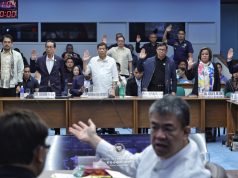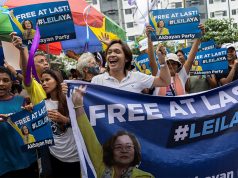
‘Quick solutions like killing drug users might be dramatic, but have an impact on the families and the dissolution of relationships tantamount to destroying the very base of society.’
MANILA – The Philippine Pediatric Society (PPS) has condemned the killing of 17-year-old Kian Loyd delos Santos, as well as thousands of other suspected drug users and pushers, urging the government to end the irrational quick-and-fast measures and “ruthless elimination” in favor of considering solutions to the scourge of drugs that, though less breakneck, have been proven medically effective.
These include strengthening family bonds, and promoting drug education to the youth.
In a recent position paper prepared for the PPS by the Philippine Society of Adolescent Medicine Specialists, PPS reminded the government of the sanctity of human life while providing insights about the complexity of drug addiction.
It pointed out that adolescents were vulnerable to drugs because they were prone to taking risks and giving in to peer pressure. Many tended to experiment with tobacco, alcohol, and drugs without appreciating the negative consequences.
Drugs could disrupt their brains’ development, affecting memory, motivation, and academic performance, and even causing depression, anxiety, and psychotic disorders.
PPS also pointed to the risks and possible pitfalls of conducting random drug testing in schools, as the government had planned to do, including “potential breach of confidentiality between student and school; deterioration of school-student relationship; and mistakes in interpretation of drug tests that result in false positives.”
PPS added that drug testing could be “damaging to the adolescent who may be subjected to harsher consequences once identified, not only by the school, but also by the community at large.”
It explained that the American Academy of Pediatrics also discouraged random drug testing in schools in 2015, because there was “not enough research-based evidence to justify” it. Also, many illegal substances remain undetectable by standard drug testing.
PPS added that nationwide random drug testing in schools was not a simplistic thing to do, given that “sample collection requires directly observed urine collection, and a two-step testing procedure – drug detection and confirmation of results.” Trained clinicians need to be the ones to interpret the tests.
PPS also doubted its cost-effectiveness.
“Confirmatory tests, which are the gold standard for detection of substances, are quite expensive … a random school-based drug testing program may drain the resources of the Department of Education,” it said.
The PPS recommended the following solutions:
– Strengthening of family systems and values and providing support by properly organized community-based and school-based programs to families that have been torn apart;
– Improving parent-child communication and providing drug education;
– Parental monitoring and supervision;
– Early detection of factors that put the child at risk, such as academic failure, aggression, and school dropout;
– Fostering competence in drug-resistance skills and reinforcement of anti-drug attitudes for adolescents;
– Strengthening personal commitments against drug use for adolescents; and
– Having consistent messages delivered by the community, from family to school to barangay leader to faith-based organizations.
Quick solutions like killing drug users might be dramatic, said the PPS, but have an “impact on the families and the dissolution of relationships tantamount to destroying the very base of… society.”
“When this happens, children and adolescents are often left alone to deal with the aftermath. They will return to temporary and quick solutions, like drug use, to ease the bitterness and misfortune of their situation,” the PPS said.









